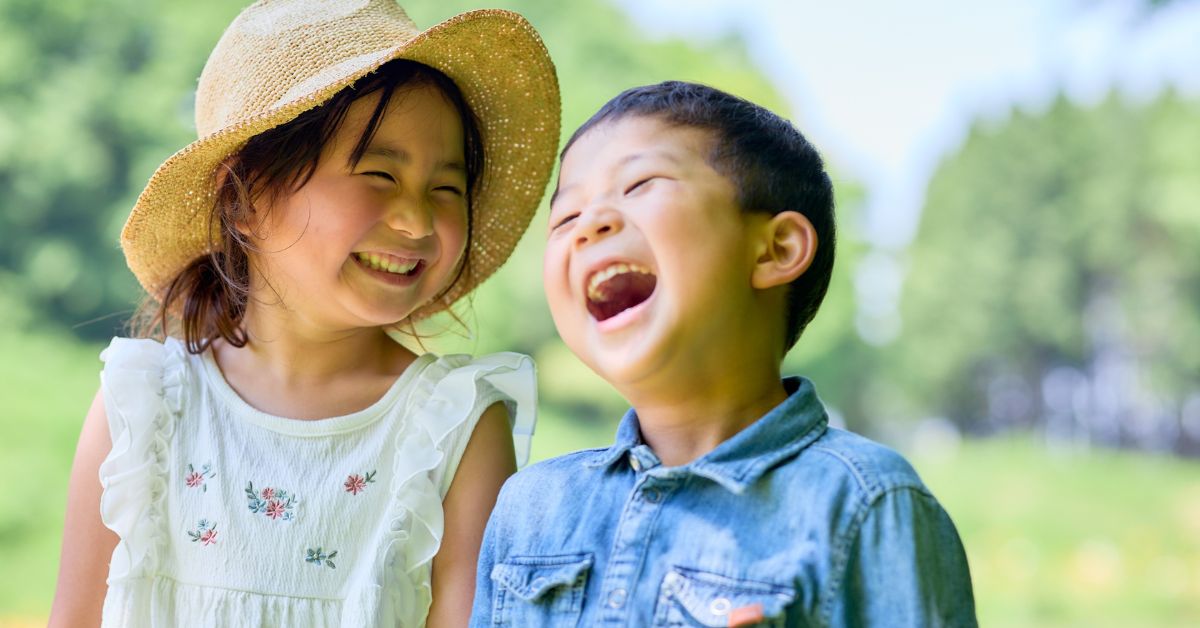Outline:
- Seeing the World Through New Eyes
- Wonder: The First Language of Wisdom
- Simplicity Is Not Smallness
- The Beginner’s Mind: A Childlike Approach to Life
- Letting Children Re-teach What We Forgot
- Returning to What We Already Knew
- FAQs
Seeing the World Through New Eyes
Watch a child walk through the world, and you’ll see something adults often lose: a gaze that lingers, a mind that wanders, a heart that questions without fear.
A rock becomes a treasure. A puddle, a portal. A question like “Why is the sky blue?” isn’t asked to impress, but from true curiosity. To a child, the world is not predictable—it is alive.
We often think of wisdom as something that grows with age. But there’s a kind of wisdom that begins before knowledge—a way of seeing that is open, unguarded, and deeply awake. Children live in it. Adults forget it.
But we can remember.
Wonder: The First Language of Wisdom
Wonder is not naivety. It is not ignorance. Wonder is the willingness to be moved—to experience something without immediately dissecting or explaining it.
Philosophers like Plato and Aristotle saw wonder (thauma) as the beginning of philosophy. Einstein called it the source of all art and science. And children? They practice it effortlessly.
In a world that often replaces wonder with speed and skepticism, children remind us that wonder is not a luxury—it is a lens. It softens the heart. It stretches the mind. It keeps us close to mystery.
Simplicity Is Not Smallness
A child’s world is not complicated, but it is rich. Simplicity is not about knowing less—it’s about being less entangled. Less numbed. Less removed.
Children delight in repetition. In routine. In the texture of a leaf or the surprise of a new word. They don’t need more to feel more. They don’t need stimulation to feel alive.
As adults, we fill space—more tasks, more goals, more noise. But simplicity doesn’t mean a life of emptiness. It means a life where the essence is allowed to shine.
To simplify is not to shrink life. It is to clarify it.
The Beginner’s Mind: A Childlike Approach to Life
Zen Buddhism speaks of shoshin—the beginner’s mind. It is the mindset of someone open, curious, unburdened by assumptions. It is the opposite of the “expert” mind that believes it already knows.
Children live in beginner’s mind. They ask “Why?” not once, but again and again. Not to challenge, but to understand. Their questions come without armor. Their curiosity is not strategic—it is sincere.
To reclaim this mindset is not to reject experience or wisdom. It is to pair it with humility. To meet each moment not with prediction, but with presence.
The wisest among us are not those with all the answers. They are those who never stop wondering.
Letting Children Re-teach What We Forgot
Children are not just students—they are also teachers. They remind us how to:
- Be fully present in play
- Find joy in the ordinary
- Forgive and move on
- Ask questions that matter more than answers
- Laugh without reason
- Trust the moment
They don’t hold grudges. They don’t need to justify joy. They don’t multitask their way through connection.
If we let them, children will quietly re-teach us what we once knew: that life is not a race, and that its most beautiful moments are often the simplest.
Returning to What We Already Knew
Children don’t need to be taught how to wonder. We do.
In their presence, we are invited to slow down. To soften. To shed the layers of certainty and rediscover the world—not as a problem to solve, but as a mystery to engage.
What if wisdom isn’t only ahead of us, but also behind us—in the places we’ve grown past too quickly, in the questions we stopped asking, in the joy we learned to hide?
To walk with children is to remember that depth does not require complexity. That meaning often hides in simplicity. That the wisest way to move through life might just be to notice it fully.
And so, let us return—not to childishness, but to childlikeness.
To presence. To wonder. To the wisdom we never really lost.
FAQs
Isn’t childlike wonder just a phase of innocence we outgrow?
Not necessarily. While children may experience wonder naturally, adults can cultivate it intentionally. It’s less about age and more about attitude—a willingness to be open, curious, and present.
How can I reconnect with wonder in daily life?
Start small. Slow down. Observe without judgment. Ask “Why?” again. Engage your senses. Wonder lives in the details we usually overlook.
Is simplicity practical in a busy adult life?
Yes. Simplicity isn’t about doing nothing—it’s about doing the right things with full attention. Even small acts of presence and clarity can bring profound peace.








